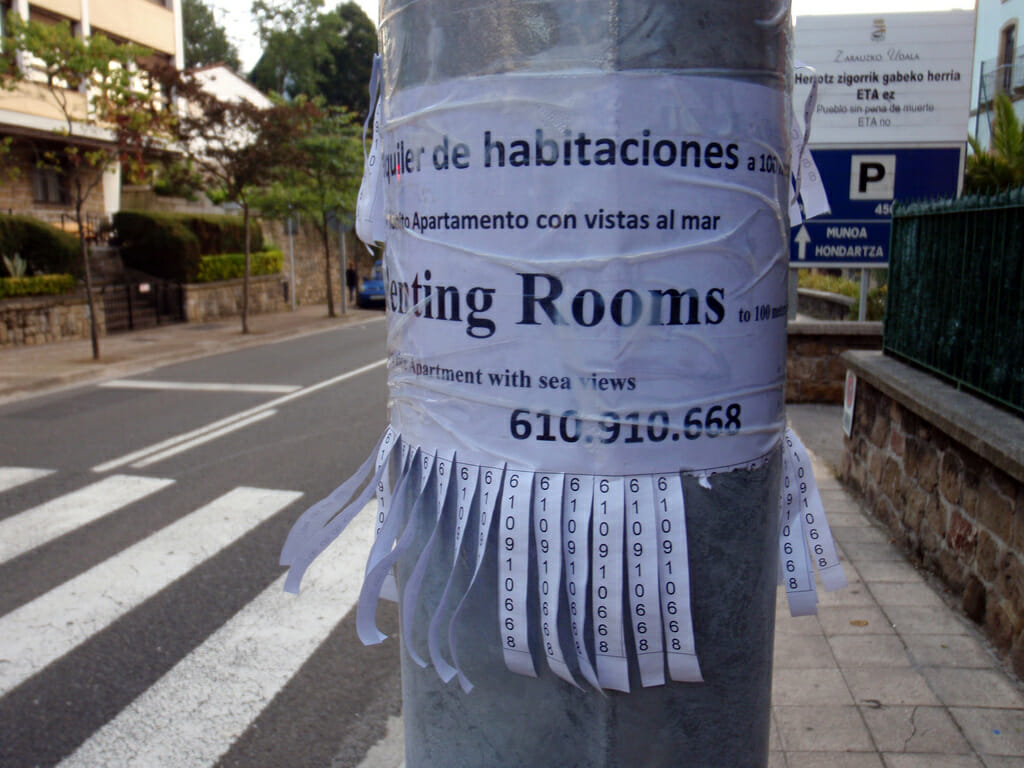It’s important for property managers to compete on service instead of fees. New property managers often accept low-priced management contracts, just to bring business in the door of their nascent business. According to ManageMyProperty.com, property management fees range from 4-12% of rents collected. Managers whose fees hover around the low end of the range may find those rates to be unsustainable over time, especially in high-turnover areas such as lower-end neighborhoods and areas where student housing is typically found.
With rents on the rise and demand for rental housing outshining supply, now is a good time to sit down with your clients to raise your property management fees to a more normal 8-10% of rents collected. No one likes hearing that their payment is going up, so here are some tried and true strategies for raising your pricing – without losing clients.
Never Make Excuses
No one wants to hear lame excuses about the economy, inflation, or other justifications for why you are raising your rates. Rather, offer even more bang for their buck and show them the reason you are worth it. Explain that you are bringing on additional employees and tools to reduce vacancy rates on properties. Improve reporting timelines, or whatever it is that you are doing to improve your business. If you explain it this way, most clients will agree to slightly higher rates, such as 1-2% more, for example.
Showcase Your Value
If you do more for your customers than the average property manager (such as offering online rental payments and online maintenance requests for tenants, or have an innovative smartphone app that allows you to monitor vacancies without physically being on site, for example), don’t be shy in letting the owners know about it.
Offer a Personal Touch
It’s a mistake to communicate something as big and important as a price increase via email or in your newsletter. Providing your customers with a personal heads up, preferably months before the implementation, will be received better by them. You can also communicate it in your newsletters or an email just as a reminder or follow-up.
Option vs. Ultimatum
The best practice for offering a price increase is to offer it as an option, where your customers get to choose either how much of an increase or limited services at the same price. Offering your services on a three-tiered, good-better-best model or an a la carte model would allow for more client control as well. People like to feel they have a say in matters related to their money, and offering a voluntary choice can strengthen your business relationship with them, rather than fray it.
Never present a price increase as a take-it-or-leave-it ultimatum. Not only might they choose to leave it, but they might complain to other current or potential clients about you as well.
Prepare for the Holdouts
While most of your customers will fall in line when you announce you’re raising your property management fees, especially if you’ve been providing great service all along, there will be some who will not respond well. For those customers who are insistent upon prices remaining the same, an alternative might be to offer them a longer contract term. For example, the customer who threatens to take their business elsewhere if prices increase can be offered the same service at the existing price, but for 24 months instead of 12. Phrase this effectively, however, and be clear that you are making a special exception for them because they have been a loyal client for a long time.
Above All Else, Do Your Homework
Before considering increasing your prices, know your value and that of your competition. Take inventory of what you offer, then make some phone calls to your local competitors to learn what they do for the clients. Subscribe to and regularly check in with industry sites and magazines for the latest trends and technology. If there is something out there you are not currently providing, consider doing so and weigh the risks of not doing so. Do your homework and don’t be afraid to ask for what you’re worth. No matter the actual number, when people can see the value in something, they will pay the asking price, if they can afford it.
For more general advice on setting your PM fees, see Setting Your Property Management Fees.
When was your last price increase? How did you communicate that increase to your customers? Are you planning an increase this year? If so, what is it based on? How does your rate compare to the competition?
Read more on Scaling
